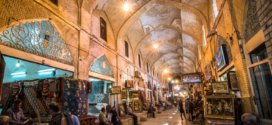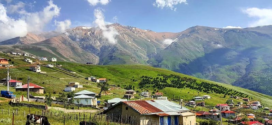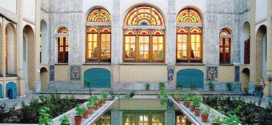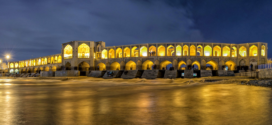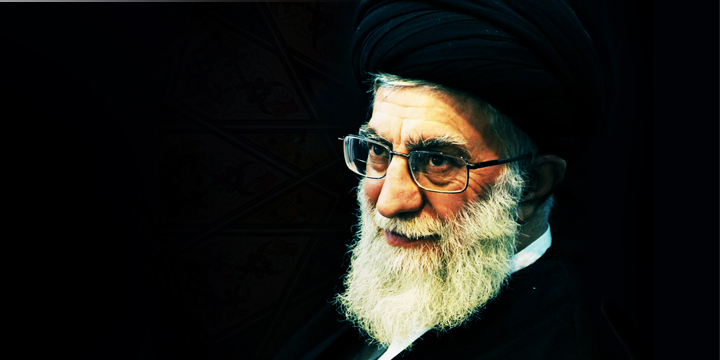
We begin tonight’s edition of A Window to the Fatherland with Dr. Alireza Nourizadeh reading one of his poems from the book of his collected works.
Dr. Alireza Nourizadeh:
Tonight we will look at the anniversary of the victory of the 1905 Constitution Revolution in Iran and those who made it possible and what their objectives were.
When we look at the sacrifices that our grandfathers made more than a century ago and compare it to today’s dire situation in Iran we realize the greatness of their efforts that is almost unrivalled in any other country of the world.
That revolution was made by the ideals and love for their country of a mere five percent of the Iranians at the time when the other 95 percent of the population were illiterate and lived in poverty and despair.
But these five percent patriots were determined to topple tyranny and bring freedom and progress for their motherland and that is how they succeeded in their struggle.
The 1905 Constitution Revolution in Iran began with a simple rally against the decision by the governor of Tehran to flog a number of traders who had horded sugar and tea to raise their prices.
However, the incident soon turned into a publicoutcry against the despotic rulers of the Qajar dynasty and a general call for creation of a House of Justice, which was effectively a demand for parliamentary democracy run by the representatives of the people.
King Muzafaruldin Qajar who was a mild manner man agreed to the demand and signed the charter, which changed the course of Iranian history.
Despite his autocratic rule after coming to power when the country was in post-revolution turmoil, Reza Shah did realize many of the wishes of the makers of that revolution and united the country under one flag and one language and saved it from falling apart as a result of socio-political chaos.
The story of his son, Mohammad Reza Shah Pahlavi is yet another chapter in our contemporary history, which is marked by the departure of a man who left his country because he loved his people.
 khalijefars News, Blogs, Art and Community
khalijefars News, Blogs, Art and Community




